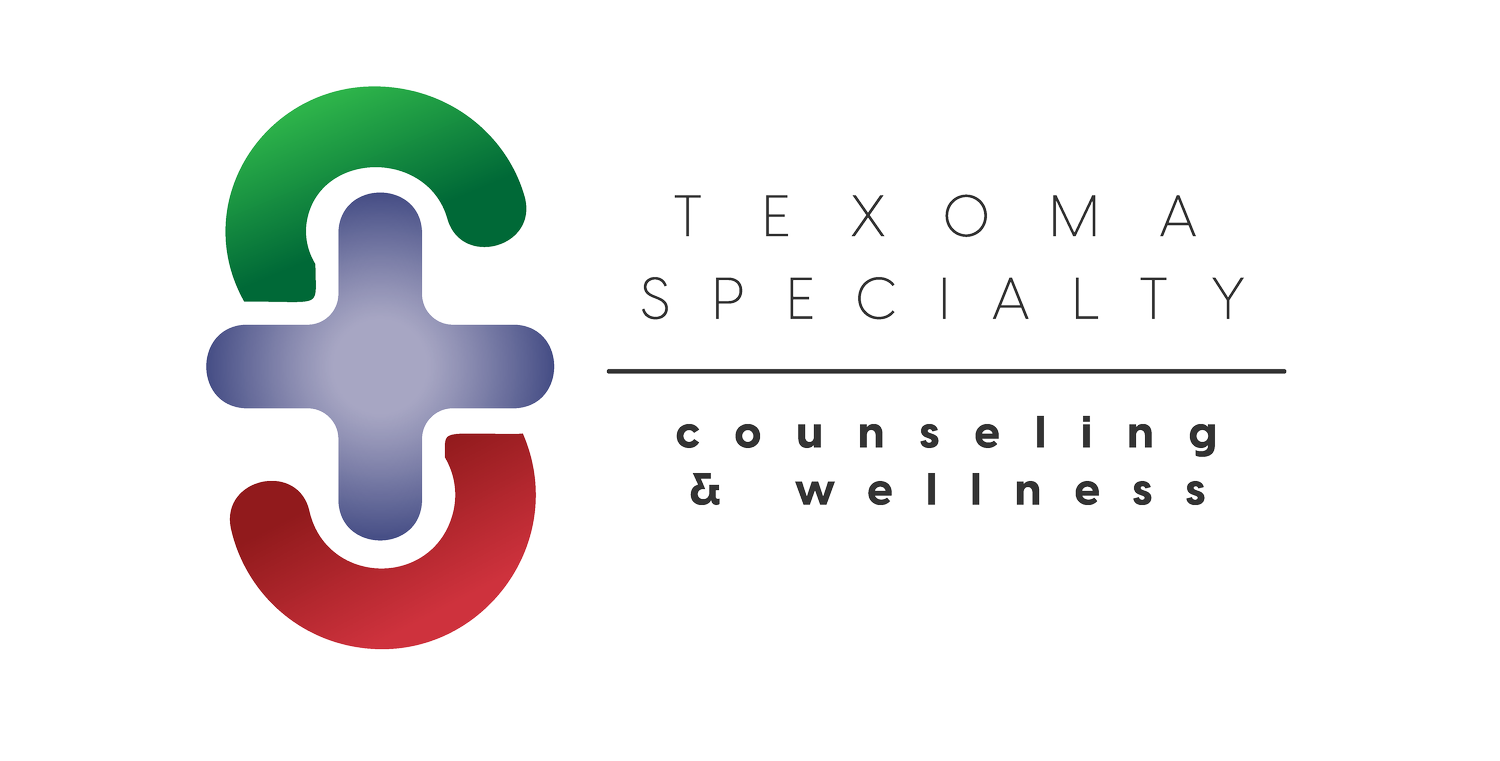Ending the Stigma: Mental Health Is Not a Choice
I cannot believe that in 2025 we still stigmatize mental health conditions. We think people are choosing to be sick, that people choose to have an eating disorder, or that individuals choose erratic behaviors. No one likes having a mental health condition—they suck. It makes you feel miserable, lost, and out of control. If you have a mental health condition you feel like you are living in hell.
Individuals living with mental health conditions often stigmatize themselves. You feel guilty and broken for thinking and feeling the way you do. You feel defined by your symptoms and your condition. You feel labeled for thinking and feeling the way you think and feel.
You cannot see a mental health condition in the same way you can see a physical illness. A person with the flu is clearly sick; you don’t expect them to “just get over it.” A mental health condition is an illness—it’s the same as diabetes—but we don’t expect people with diabetes to simply will themselves well.
We toss around the word “crazy” as though it’s a real diagnosis. I hate that word. “Crazy” isn’t even a recognized term in mental health—it’s not a symptom, behavior, or diagnostic label. A mental illness can tangle your thoughts, but that doesn’t make you a crazy person. When your brain is stormy, it’s easy to feel like you are the storm—but you are not your illness.
My Tip: Stop Using “Crazy”
It isn’t a real thing. It’s not in the DSM or any clinical manual.
It hurts others. Calling someone “crazy” reinforces shame and isolation.
It hurts you. Labeling yourself “crazy” keeps you from seeking help.
Please stop referring to yourself or others as “crazy.” Having a mental illness doesn’t make you defective—it makes you human.
Share this information with friends and family. A lot of people are afraid to ask for help because of this stigma. It’s okay to ask for help, and it’s okay to admit you’re struggling. All of us need support from time to time. ❤️🧠


